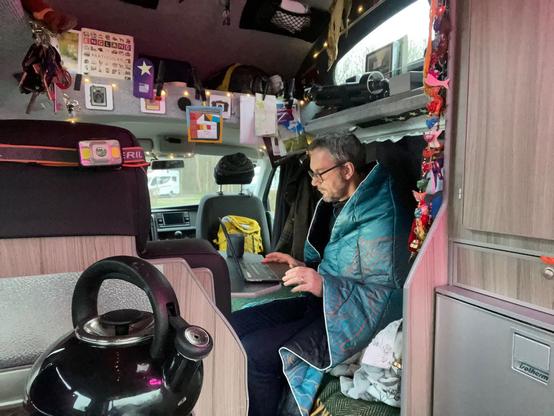2025-07-04 20:46:15
John Ruskin said: 'There is No Wealth but Life.'
What I had to do was find and explore new ways of seeing it.
Once I did, I never felt alone.
Cultivating alternative ways of experiencing the world has completely changed my life;
it helped me overcome anxiety and depression, opened up a world of possibility and led me to a new career in photography.
-- Andy Marshall
